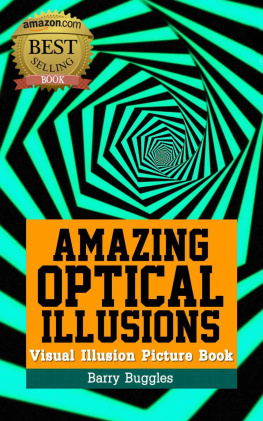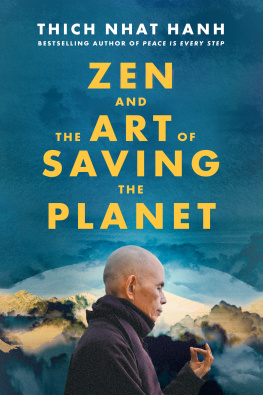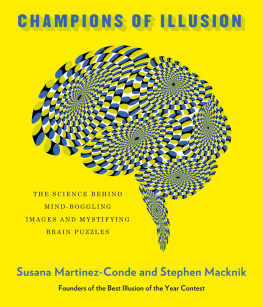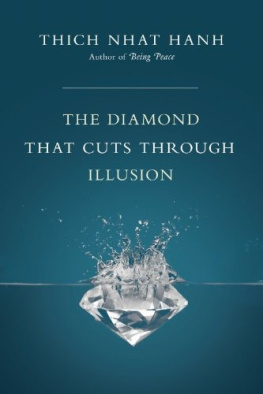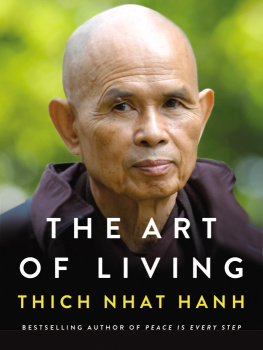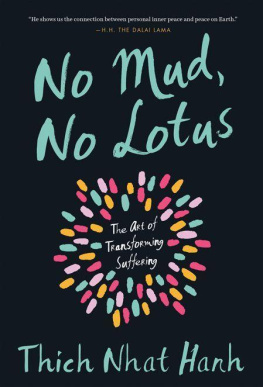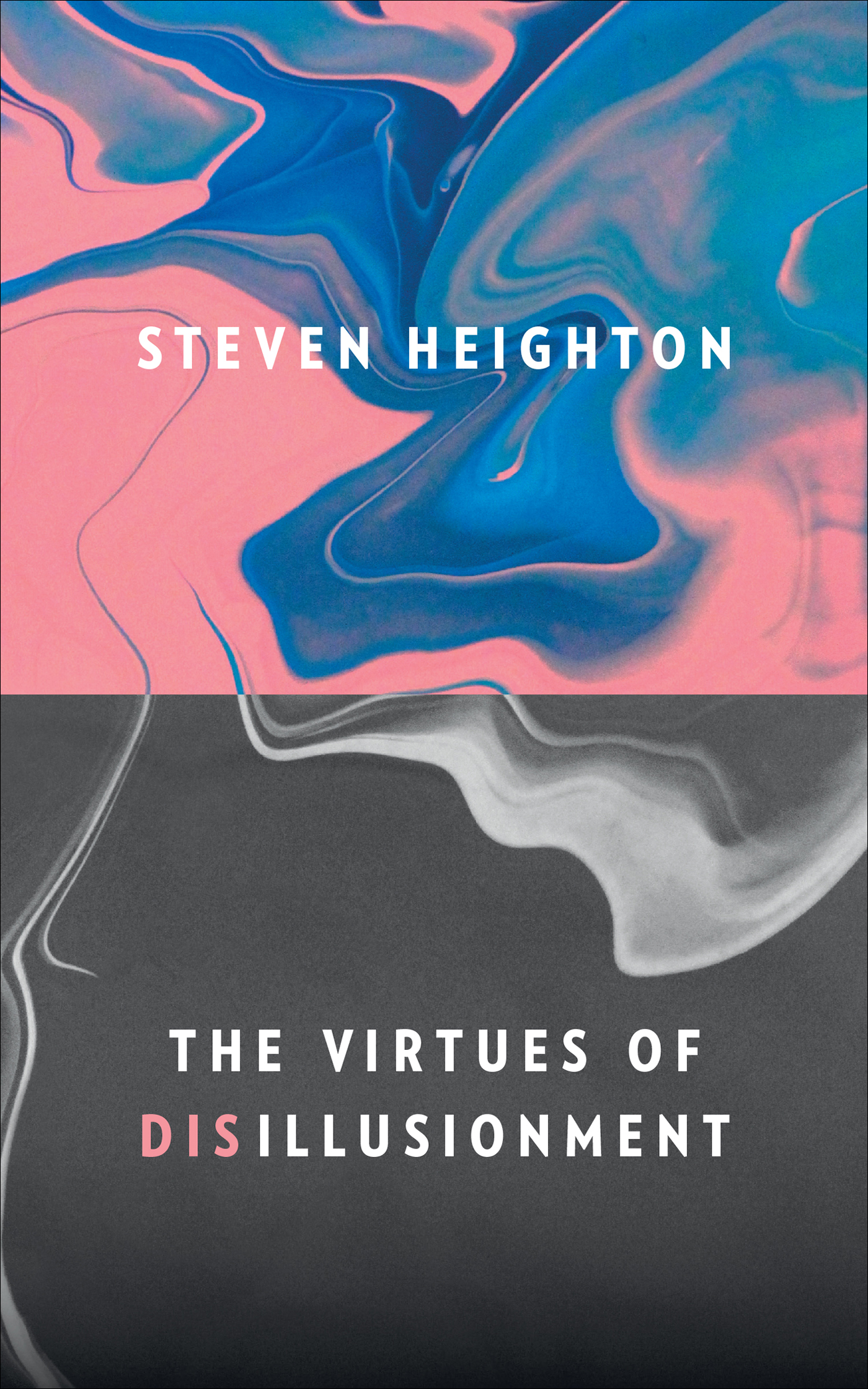Contents
Guide
THE VIRTUES OF
DISILLUSIONMENT
(-1)
(-1)
=
+1
The
Virtues
of
Disillusionment
Steven Heighton

FOREWORD
IN JANUARY 2020, Steven Heighton launched the tenth anniversary year of Athabasca Universitys writer-in-residence program with a public presentation of this profound meditation on the nature of illusion and disillusionment. Over the previous decade, the program has hosted a wealth of accomplished Canadian writers: Joseph Boyden, Tololwa M. Mollel, Hiromi Goto, Tim Bowling, Anita Rau Badami, Esi Edugyan, John Vaillant, Richard Van Camp, and Katherena Vermette. In this role, the authors spend sixty percent of their time working on their own writing projects and forty percent as a resource for Athabasca Universitys students, staff, faculty, and alumni.
Each resident author has provided generous and enthusiastic feedback on the work-in-progress of our communitys creative writers, thereby inspiring and guiding the completion (and sometimes publication) of poems, short stories, essays, and novels. Our AU authors have also made impressive use of the personal creative time generated by this position. In the years immediately following an AU residency, writers have published award-winning books such as Joseph Boydens The Orenda, Tim Bowlings The Heavy Bear, Esi Edugyens Washington Black, and Richard Van Camps Moccasin Square Gardens.
In addition to mentorship and writing time, the AU writer-in-residence program offers the opportunity for chosen writers to engage with AU s community in two public talks about specific issues surrounding a current work-in-progress or about more general insights concerning the literary craft. Over the years, live and virtual audiences have been treated to a wide range of approaches to this component of the residency. The authors talks have ranged from sneak peaks at works-in-progress, to intimate accounts of the motivation behind a literary project, to intellectual explorations of creativity and the role of art, to inspiring tips on the writing process. The luxury of two talks during one residency means that even the same author can put a very different slant on this direct engagement with the AU audience.
In John Vaillants first talk, presented shortly after the election of Donald Trump as President of the United States of America, Vaillant offered an intimate and emotional discussion of how artists can continue to find their muse in the midst of relentlessly negative and alarming news cycles. In his second AU event, Vaillant spoke less as an artist and more as a journalist, less about inspiration and more about process, sharing details of the extensive and rigorous research he conducted in Fort McMurray for his forthcoming book Fire Weather. Other writers have kept our audiences riveted with explorations of the points to consider when writing dialect and slang, the inspiration provided by family history and photographs, and the different challenges and rewards of writing poetry versus writing fiction.
When our staff, faculty, and students filled the conference room at AU s Peace Hills Tower in downtown Edmonton to hear Steven Heightons 2020 writer-in-residence talk about illusion and disillusionment, we did so with a sense of anticipation created by the quality of previous talks and the accomplishments of our current writer. Steven Heighton exceeded expectations with his deep dive into the role of ego in the writers life, the misguided nature of writing in pursuit of attention, and the distinction between hope-free and hopeless as it applies to athletic performance and literary ambition (and, actually, to all ambition).
STEVEN HEIGHTON is the author of over fifteen books of poetry, nonfiction, and fiction (short stories and novels). His work has been translated into ten languages and has received high praise from readers and literary critics for over three decades. In The National Post, Mark Medley calls Heighton as good a short story writer in this country as anyone not named Munro and the best (living) author never to have won a Giller Prize. As a devotee of Canadian Literature and a fan who races out to buy each new Heighton book, I agree with Medleys assessment. During the January 2020 talk, I could feel the shared admiration in the room as we were treated to an intimate, energetic engagement with Heightons rare and inspiring talent, his deeply empathetic and compassionate vision. He cast a spell over the audience; enthralled, we absorbed his exploration of the mathematical intricacies of language and the constant evolution of self. I am pleased that this new collaboration between AU s writer-in-residence program and AU Press now makes Heightons essay available to a wider audience.
A COMMON MISCONCEPTION IS THAT an essay that is easy to read must have been easy to write. The Virtues of Disillusionment with its conversational tone, compelling exploration, and intimate voice reads so smoothly that a reader might be forgiven for almost failing to notice the rigour of intellectual exploration, the depth of knowledge, and the range of references. Heighton seems effortlessly erudite, casually drawing on insights gleaned from Zeno of Elea, Sylvia Plath, S.N. Goenka, Leonard Cohen, Laurence Durrell, Leo Tolstoy, Kate Chopin, F. Scott Fitzgerald, and Thich Nhat Hanh. Packing so much wisdom into such little space seems, to this reader and writer, magical.
However, I do not want to over-emphasize the intellectual and spiritual gravitas of this essay. Readers are about to discover that Heighton is as funny as he is smart. His clever and witty turns of phrase and his humorously original ways of seeing add to the pleasure of this reading experience. In sharing the story of his debut novel, The Shadow Boxer, coming out at a time of unprecedented attention for our countrys literary arts, Heighton refers to himself as an entry in the great chicken raffle of 1990s CanLit. The phrase works as a daily reminder to be vigilant of my own houses that need demolishing. Heightons essay makes me want not only to be a better writer and reader and thinker, but also to be a better person, to be better at living.
The Virtues of Disillusionment is a powerful and transformative essay and a perfect offering to launch this series of AU Press books derived from our writer-in-residence talks. I have read the essay many times and find new revelations to admire with each visit. I like to begin my writing day by rereading Heightons words and carrying his insights forward into my own creative work. I trust that other readers and writers will find the essay as inspiring and uplifting as I do.
Thank you, AU Press. Thank you, Steven Heighton.
Angie Abdou
JUNE 2020
p. 9.
p. 5.
p. 25.
THE VIRTUES OF DISILLUSIONMENT
Always begin with a mystery in this case an equation that for some reason doesnt equate, or doesnt seem to. Or call it a paradox of the kind that Zeno of Elea, the Ancient Greek philosopher and cognitive provocateur, might have appreciated.
A basic principle of both arithmetic and language is that two negatives multiplied or, in the case of words, compounded yield a positive. The simple math operation (-1) (-1) gives + 1 every time. Likewise, combine the negative prefix un- with a pejorative term like burden and the result is a semantic positive: the verb unburden, to relieve someone or something of a physical or conceptual load. Of course, language is not math. Word meanings are contextual and often equivocal. All the same, if you tell us, Im not unhappy with




